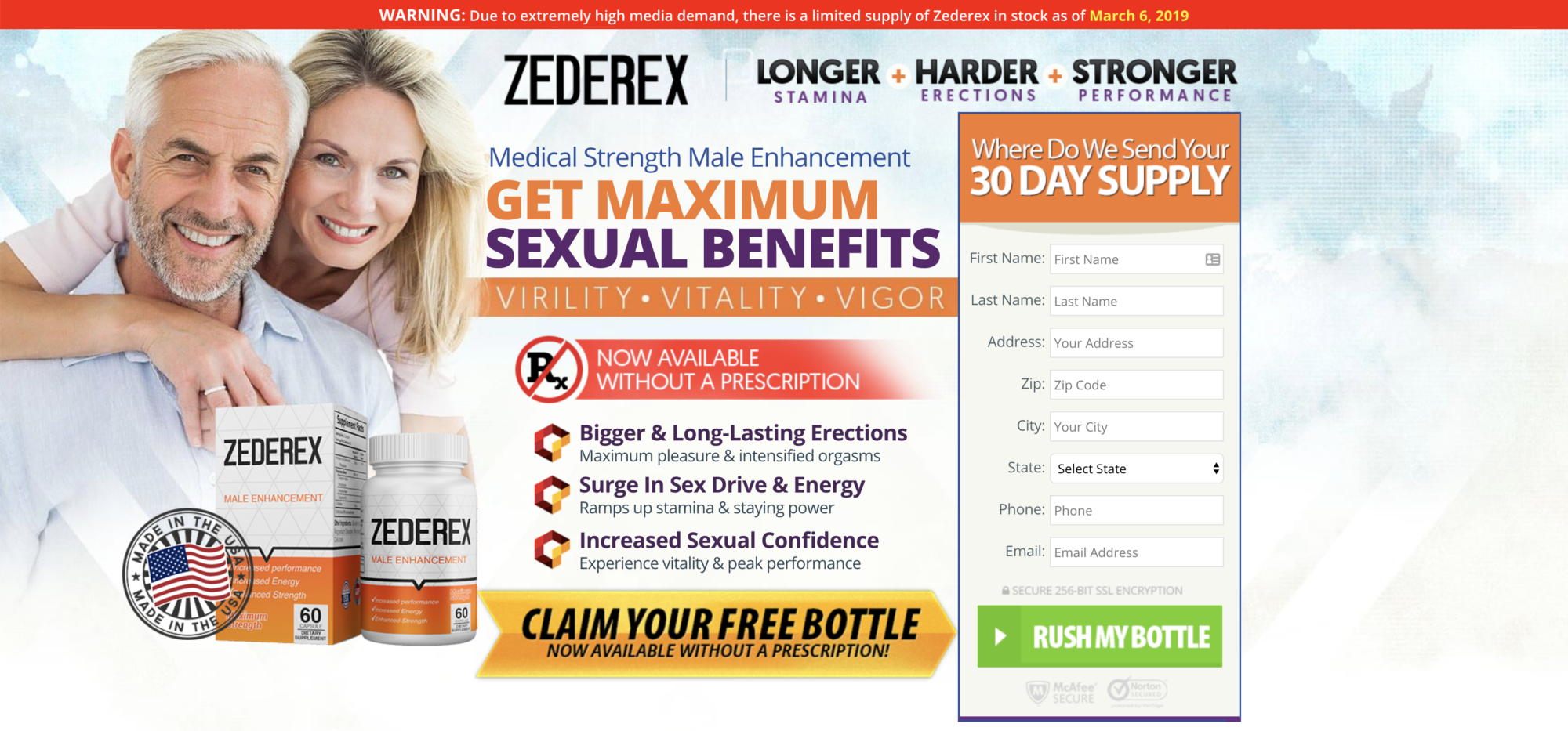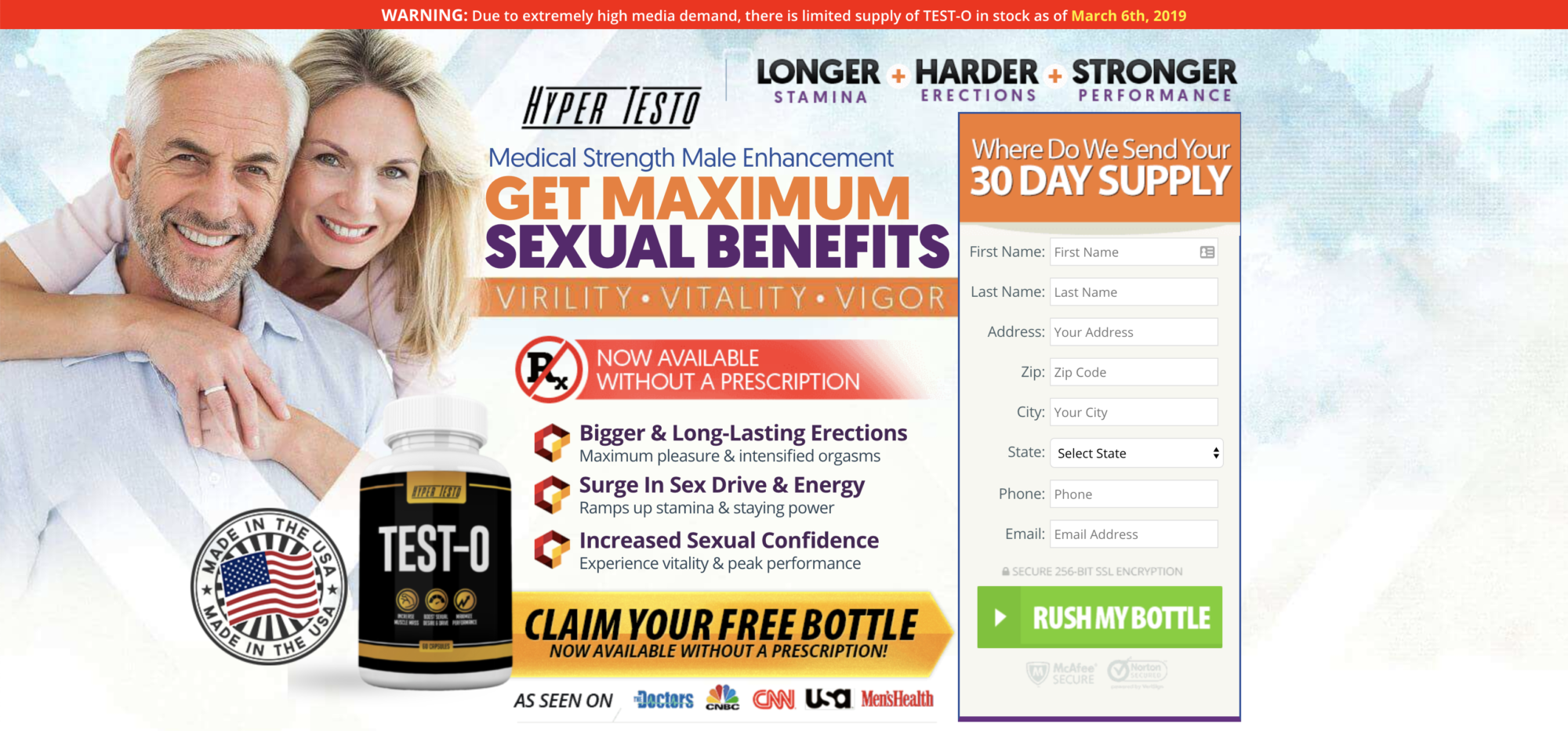
Pure Herbal Total Defense Immunity Blend
Latest coronavirus scam to land on TINA.org’s radar comes packaged as a fake Fox News article.
Levean touts that its dietary supplement is “backed by real science.” But after a tip from a reader, TINA.org reviewed the company’s website and found many red flags.
The site points to the purported individual benefits of the supplement’s active ingredients as evidence that Levean can improve cardiovascular health and lower blood pressure, among countless health claims, but not to any studies testing the product itself. In short, Levean seems to be stretching the science.
For example, while Levean claims that astaxanthin has “(p)roven heart and cardiovascular benefits,” the authors of a 2011 study published in the journal Marine Drugs, concluded: “At this stage we do not know whether astaxanthin has any therapeutic value in human cardiovascular disease either in a preventative capacity or when administered after a cardiovascular insult.”
And the prevalence of another ingredient, Vitamin D3, carries a potential safety concern for consumers. The National Institutes of Health (NIH) recommends that adults limit Vitamin D intake to 4,000 IUs (international units) per day. The recommended daily serving of Levean, or two capsules, contains 8,000 IUs of Vitamin D3 — a point of pride for the supplement:
Citing the findings of a 2003 study, Levean claims that Vitamin D3 can help prevent women from developing multiple sclerosis (MS). But the NIH warns that much of the research supporting this claim “comes from in vitro, animal, and epidemiological studies, not the randomized clinical trials considered to be more definitive.” The NIH adds:
Until such trails are conducted, the implications of the available evidence for public health and patient care will be debated.
Lastly, Levean’s “free” bottle. Three things: It’s not free; it’s tied to an auto-shipment program that’s going to charge you $24.99 per month unless you cancel membership; and you may have to pay return shipping (there’s contradictory information on the website on whether Levean pays for return postage).
Be wary of supplements touting unproven health claims.
Find more of TINA.org’s ongoing coverage of the supplement industry here.
Our Ad Alerts are not just about false and deceptive marketing issues, but may also be about ads that, although not necessarily deceptive, should be viewed with caution. Ad Alerts can also be about single issues and may not include a comprehensive list of all marketing issues relating to the brand discussed.
Latest coronavirus scam to land on TINA.org’s radar comes packaged as a fake Fox News article.
Webpage promoting ED pill is the quintessential example of fake news.
TINA.org gives this ED pill a failing grade.

